The historic $302 million investment amounts to more than five times what Oregon currently spends on non-Medicaid addiction services.
Portland, OR – August 31, 2022 – Today, on International Overdose Awareness Day, the Measure 110 Oversight & Accountability Council approved all remaining funds for Measure 110 Behavioral Health Resource Networks (BHRNs). These networks, primarily made up of community-based providers, will increase access to a full array of low-barrier harm reduction and addiction recovery services, including peer-supported recovery, harm reduction services, and supportive, transitional, and long-term housing.
“I am really proud of my vote for Measure 110, and of Oregon voters’ overwhelming support for a health-based approach to addiction. Once fully implemented, this law will be game-changing,” said Tera Hurst of the Health Justice Recovery Alliance. “Oregon voters sent a strong message in passing Measure 110. Our system has been a dismal failure, and our state is taking real steps to repair it by treating addiction as a healthcare issue. Measure 110 is a transformational law that has already saved lives and money. This is the moment to forge ahead, not go backwards to a failed, cruel approach to addiction.”
Measure 110-funded Behavioral Health Resource Networks will expand care statewide.
A total of $302 million has been allocated for Measure 110 services by the Oregon Legislature for the 2021-2023 biennium; the remainder of that funding has now been released to providers of harm reduction and addiction recovery services. 237 service providers in all 36 Counties are receiving funding, including:
- 111 organizations that will provide screening and comprehensive behavioral health needs;
- 112 organizations that will provide individual intervention planning;
- 113 organizations that will provide low-barrier substance use treatment;
- 172 organizations that will provide peer support and mentoring;
- 86 organizations that will provide housing services;
- 83 organizations that will provide harm reduction services; and
- 51 organizations that will provide employment support.
“Being part of a Measure 110 Behavioral Health Resource Network allows us to scale up our programming, provide housing for more community members in early recovery, and increase the reach of our recovery mentor program,” said Basilio Sandoval of Centro Latino Americano, a bilingual, multicultural agency serving Latino families in Lane County. “Creating a safe space where clients feel welcome and understood because they are receiving compassionate support from someone who understands their heritage and language…that’s what people need to build a strong foundation for their recovery. And that’s what Measure 110 is helping make possible for even more people in my community.”
See the full list of Measure 110 BHRN awardees and the services they will provide.
On Overdose Day, harm reductionists highlight how urgently Measure 110 services are needed.
“Working to save lives during this crisis I see, daily, the immense suffering in our communities. Every overdose death is a preventable death,” said Haven Wheelock, Overdose Prevention Specialist and Public Health Expert. “Overdoses are on the rise all across the country, and in Oregon we have a unique tool in Measure 110 to handle this public health crisis with a public health response. For the first time in a long time, I feel hopeful — even on a day like today when we’re mourning the more than 1,000 Oregonians who died from an overdose during this last year.”
Under Measure 110, drug arrests are down and access to services is up.
Stopping the harms of the racist war on drugs through decriminalization is a key component of Measure 110. Since its passage, there has been a nearly 60% decrease in the number of people who have been arrested for any drug offense, thereby averting thousands of Oregonians from having to face difficult barriers that last a lifetime. A criminal record for even a misdemeanor drug charge can sometimes be an automatic barrier to getting a job, accessing housing, qualifying for a credit card or student loan, and can even automatically disqualify people from getting a professional license for certain trades.
At the same time, the Oregon Health Authority reports that in a six-month period, more than 16,000 people accessed services thanks to Measure 110 funding. The landmark law utilizes cannabis tax revenue to expand access to vital life-saving services.
